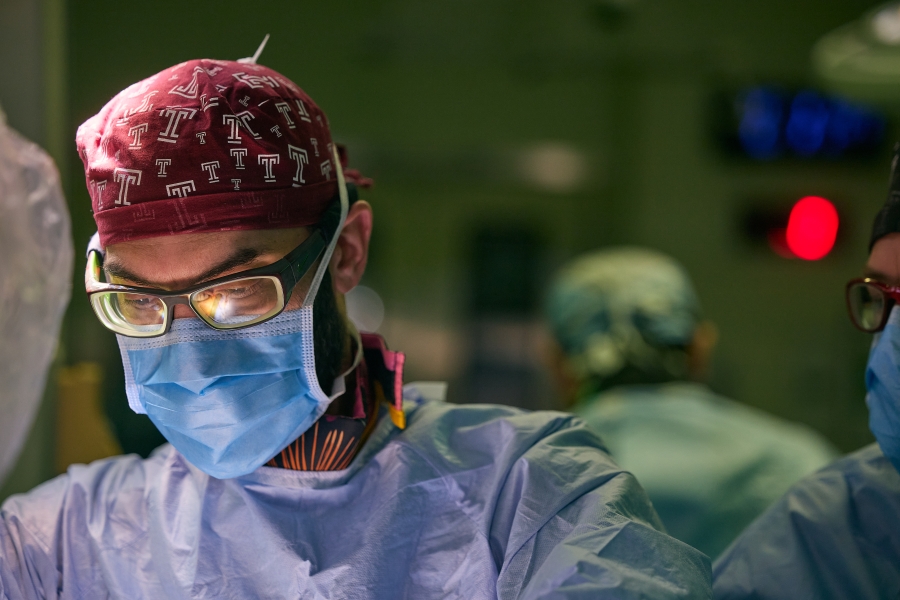As information about COVID-19 has unfolded since the first cases were seen in the U.S., doctors in New York City have been noticing a troubling trend. Some young people who were mildly ill or had no noticeable coronavirus symptoms developed blood clots – and experienced strokes when those clots blocked blood vessels in the brain.
How COVID-19 May Increase Stroke Risk
The novel coronavirus causes inflammation throughout the body. When the walls of blood vessels become inflamed, they may react by clumping blood cells together, creating clots that slow or stop the normal flow of blood. COVID-19-related blood clots often affect the larger vessels of the body, including those in the brain.
If a blood vessel in the brain is blocked by a clot, brain cells soon begin to die which can cause severe damage to the affected part of the brain including vision loss, balance issues, difficulty speaking and even death.
Although strokes can occur at any age, younger people normally have a lower risk compared to people age 60 and older. That’s why neurosurgeons at Mount Sinai Health System in New York were surprised when they began seeing an increase in younger stroke patients. The doctors published a letter in the New England Journal of Medicine about five young stroke patients who were under 50 and had only mild or no symptoms but tested positive for COVID-191. Although more needs to be understood about the connection between COVID-19 and strokes, this is a concerning complication of the virus.
Why Immediate Emergency Treatment is Critical
If you are having a stroke, the sooner you receive treatment, the better your chances of recovering. If you arrive at the hospital within a few hours of a stroke’s onset, doctors may be able to give you medication that breaks up blood clots before they can cause too much damage.
Go to the emergency room or call 911 immediately if any of these symptoms occur:
- Weakness or numbness in your arm, leg or face (may only affect one side)
- Slurred speech or difficulty speaking or understanding speech
- Facial drooping
- Confusion
- Dizziness
- Trouble seeing
- Severe headache
- Difficulty walking
- Balance or coordination problems
As a young or middle-aged adult, you may not think you need to be aware of stroke symptoms. But with the possibility that COVID-19 exposure is increasing stroke risk in people who normally wouldn’t have a stroke, it’s important to know how to recognize stroke symptoms and get medical help as soon as possible.
Get the help you need from an experienced team
Getting diagnosed as early as possible can lead to better treatment options for you and your loved ones. If you or someone you know has tested positive for COVID-19 and is experiencing stroke-related symptoms, act now to get the treatment you need for a better outcome.
Schedule an appointment or call 800-TEMPLE-MED (800-836-7536) to see a Temple specialist for a stroke risk assessment or for follow-up care.
Helpful Resources
Looking for more information?
- Temple Stroke Program: Advanced Treatment and Prevention Options
- Ground-Breaking Temple Invention Helps Treat Dangerous Blood Clots
- What COVID-19 Treatment Options Are Available?
- Temple's Comprehensive Stroke Program Earns National Recognitions


